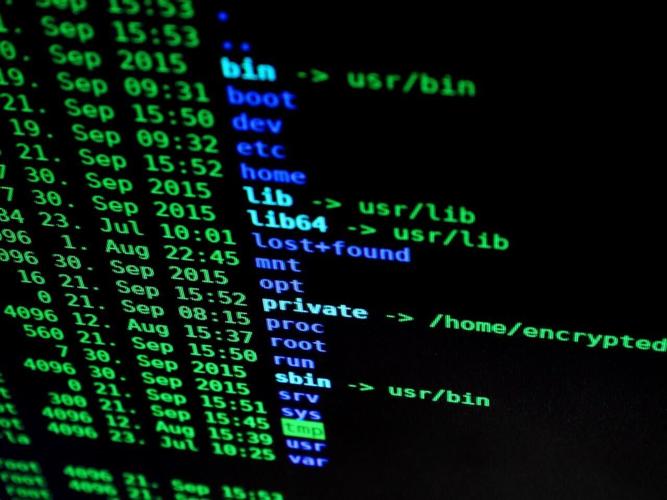
Photo by Pixabay via Pexels
By Emily Smith
A hacker who once infiltrated his school system to improve his grades has revealed what people must do to stop themselves being hacked online.
Greg Linares, 42, was arrested as a teenager in the 1990s after creating a virus that changed his school grades - making him the youngest person ever charged with computer fraud in the state of Arizona.
He then "turned it around" and began using his skills for good - teaching other kids about cybersecurity and eventually becoming one of the most respected threat analysts in the industry.
Today, as a principal threat analyst at Huntress, Greg helps companies defend against the very attacks he once carried out.
As a respected cybercrime expert with 20 years of experience, he's warning ordinary internet users about the simple mistakes that make them easy targets - and the steps they must take to avoid scams and hacking online.
He has warned people to avoid using browser plug ins, to spring clean their devices, to be careful with passwords and to buy reports to see where your data is stored.
Greg said: "The number one way I see people get their accounts hacked is browser plugins or browser authentications of previous accounts that they have trusted to their browser with their credentials on.

Photo by Matias Mango via Pexels
"That's like when you go to a website and it says login by Google.
"I always see those getting hacked, and those being pivoted to target other parts of their account.
"So my strongest advice for the average user is do not use plugins unless you absolutely need them.
"Stay on top of them and if you do use them, make sure you're downloading the correct one from the store. This is a big deal."
Greg also advises people to do a digital spring clean of their devices - at least once a year.
He said: "I always like to say to everyone, when you're doing your spring cleaning for the year, do the same thing for your accounts and for everything that you have online, it's a good thing to do."
He urges people to be cautious when it comes to their passwords too and says one of the biggest dangers is still a poor choice of word.
Greg said: "Use a password manager. That's strong advice throughout.
"Use the passwords that they suggest, and don't reuse passwords - and that's going for everyone.
"Most hackable passwords? Any of them that make shapes on a keyboard, or anything that makes a straight line on the keyboard. Those are always bad.
"Home addresses, birth dates of family and friends, anniversary dates - those are all bad and those can all be found."

Photo by Tima Miroshnichenko via Pexels
Greg says one of the smartest - but most overlooked - ways to protect yourself is to pay for reports of your exposed personal data and have it removed from the web.
"Take the time to go online and buy reports of what's exposed online," he said.
"From data brokers that have taken your information and put it in places people can purchase it, or just maybe someplace that you accidentally posted an address online. They systematically try to get rid of them as much as possible."
This type of digital clean-up can stop everything from your home address and phone number to old photos and work history from being exploited by criminals.
When you’ve been hacked, Greg says the worst thing to do is panic.
"Remain calm and always speak to the authorities," he said.
"A lot of people don't go directly to an authority figure, or local law enforcement or federal law enforcement, because they're scared.
"Every single level of law enforcement has dealt with this. They’re always very good at handling those."
He says hacked users should immediately start removing their information, isolating devices, and changing passwords - and always follow official advice.
"After any incident, even if you thought it involved one thing, change your passwords for everything," Greg said.
Greg's top tips:
- Don’t use browser plugins
- Do a spring clean of your devices
- Be careful with passwords
- Buy reports to see where your data is stored





















(0) comments
Welcome to the discussion.
Log In
Keep it Clean. Please avoid obscene, vulgar, lewd, racist or sexually-oriented language.
PLEASE TURN OFF YOUR CAPS LOCK.
Don't Threaten. Threats of harming another person will not be tolerated.
Be Truthful. Don't knowingly lie about anyone or anything.
Be Nice. No racism, sexism or any sort of -ism that is degrading to another person.
Be Proactive. Use the 'Report' link on each comment to let us know of abusive posts.
Share with Us. We'd love to hear eyewitness accounts, the history behind an article.